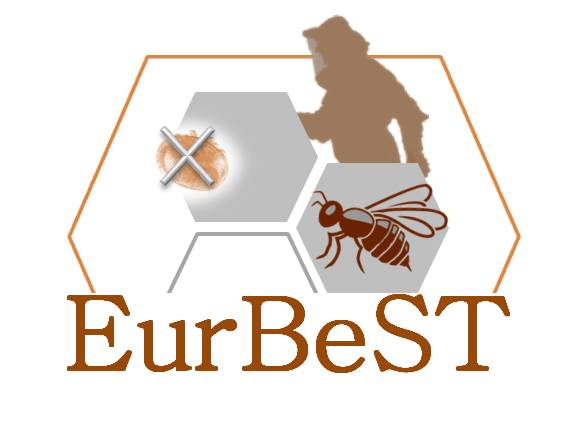meeting
Conference
20/02/2113:09
In 2017, the European Commission initiated a study on the topic “Restructuring of the honey bee chain and varroa resistance breeding and selection programme (EurBeST)”.
The EurBeST study explores possibilities for increasing the varroa resistance of commercially available honey bees by selective breeding and analyses ways to improve beekeepers’ access to resistant material.
The project turned out as the largest study on honey bee selection ever conducted in Europe, aiming to answer the following questions:
- What is the status and entity of the honey bee breeding and reproduction market in the EU?
- What is known about varroa resistance? Do varroa-resistant bees exist in the EU? Are they available for beekeepers to use?
- Are beekeepers interested in using varroa-resistant honey bees?
- What do they expect when they buy honey bee queens?
- What methods are available for selecting varroa-resistant bees? Do they work?
- What are the efforts and costs to obtain varroa-resistant honey bee stock?
In April 2021, we will present the results of the study in form of a digital conference that lasts over several days.
Starting on April 1st, we will show you a series of scientific presentations by the wider project team, which will be available on the conference website and can be viewed at any time. In the week between April 12th and 15th, you are invited to join up to four virtual workshops to discuss the findings of the study with our experts in relation to four main topics: commercial beekeeping, queen production and mating, breeding programs, and policy and stakeholder implications. Finally, the conference series will finish on April 21st with the live web-streamed closing event.
Simultaneous translation during the live event will be provided from English to German, France, Italian, Spanish and Greek.
Please register here for free access to the conference.
Download the programme here
